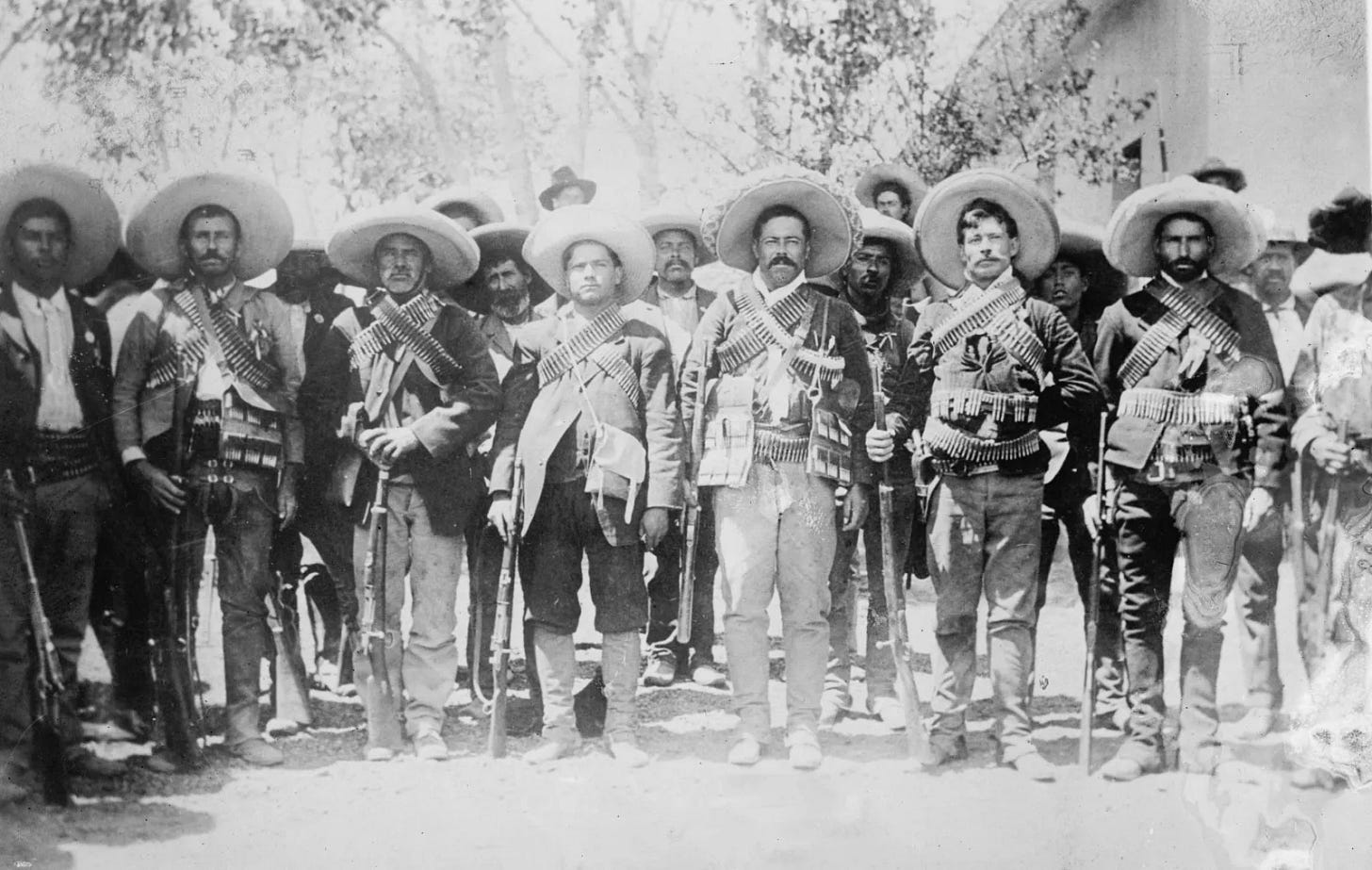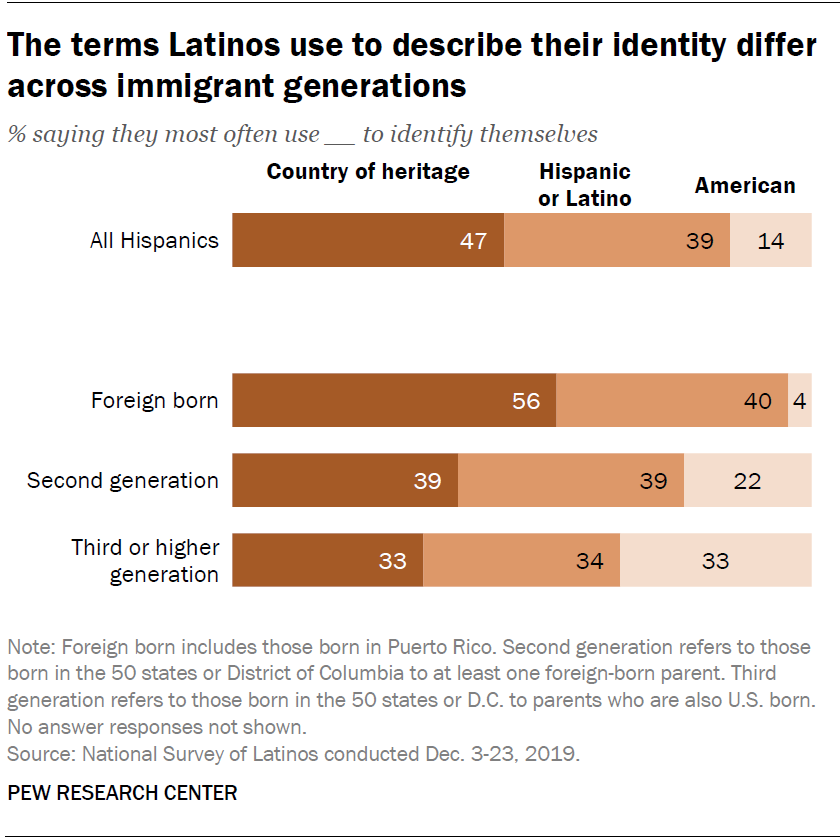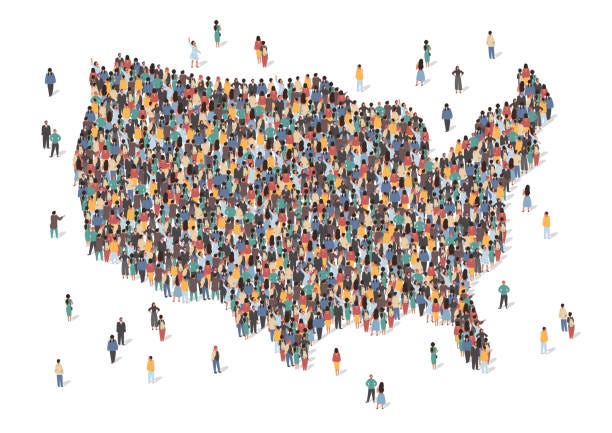The Great Repatriation and The Willing - (4/4)
Repatriation is the Most Reasonable Way to Solve the Demographic Crisis
Over the course of this series White-Papers has outlined in three pieces how first Hispanic, then Asian, and finally Black populations in the United States could be reduced through simple and humane policy tools which focus on the foreign born population and their children under the age of 18.
Through the use of visa cancellation for non-citizens, and by way of a thorough review of citizenship granted to aliens born abroad who committed fraud while obtaining their citizenship, the United States could massively reduce the recent immigrant and non-American populations within its borders.
We also proposed policy changes such as mandating E-Verify for all workers and allowing the Department of Justice to more strictly interpret immigration law so that private companies who hire illegals would face serious prosecution, unlike under the current system. Puerto Rico would become a sovereign state, and its stateside Puerto Rican population (numbering over 6 million people) would be returned to the island.
These policies have allowed us to outline how 51 million immigrants and their US born underage children could be repatriated from the United States and returned to their countries of origin. No person who legally and fairly obtained their US citizenship would have it stripped under our proposals, no lawful American-born child of immigrants over the 18 would be forced to leave, and the use of force required for enforcing our proposals would be minimal.
These relatively modest measures, if carried out in the most deliberate fashion, would increase the White American share of the US population from roughly 54% today to roughly 70%. The overall national population would sit around 283 million, down from 334 million today, and would constitution a 195 million strong majority group.
States such as New York, California, Florida and Texas would see incredible decreases in their minority populations, and many states today see the dominance of the American demographic strengthen substantially.
The deportation of visa holders, non-citizens, fraudsters and their minor children, as well as an untold number of illegal immigrants, is a fantastic start for a vision of a peaceful demographic restoration of the American nation, but it is not the only solution available. In the pieces concerning Asians in the United States and Blacks in the United States we began to outline how many American-born descendants of immigrantss are not particularly happy with life in the United States.
We presented research showing how only 52% of African Americans felt a connection to their local communities, and how only 50% believe the United States will ever be a place where they have equal rights. Whether their feelings about equality are factual or not is irrelevant, their lack of belief is what matters.
We also highlighted an article showing that some 30% of African Americans who visit Africa, and in particular Ghana, end up resettling on the continent. Much of this is thanks to ongoing programs by African states themselves, seeking to bring the disapora home.
In similar fashion, many Asian Americans are not integrated into national life, nor are they driven to integrate. We presented data showing that 55% of Asian Americans do not in any way identify themselves as Americans, and 20% of Asians have hidden aspects of their racial identity. A majority of Asian American youths only have Asian friends, and many keep within their racial group.
Though we did not cover Hispanic attitudes toward the United States in part one, we have gathered significant data on the feelings and attachments which Hispanic Americans feel toward the United States. Data which we will present in this piece.
A 2020 Pew Study shows that a mere 14% of Hispanics in the United States use the term American to describe themselves. Even among third generation Hispanics in the United States only 33% of individuals label themselves as American. Most Hispanics in the United States (47%) identify with the country their family originates from. Even second generation Hispanics identify with their historic homeland at a rate of 39%, this number remains high at 33% with third generation Hispanics.
The remainder who do not identify with their heritage homeland, or as American, overwhelmingly identify as Hispanic or Latino.
More data from the same study shows that among second generation Hispanics in the United States roughly 33% feel “very different” from typical Americans. While among third generation hispanics 21% feel “very different” from a typical American. In all 44% of Hispanics in the United States feel “very different” from typical Americans, and this proves significant.
The above numbers indicate that of the 39.7 million Hispanics born in the United States, 10.8 million of them feel “very different” from typical Americans.
This number stands to support the figure of some 29 million US born Hispanics do not use the term American as part of their identity.
What is clear is that very few Hispanics in the United States, even those born into a third generation or beyond, do not feel substantially American and their connection to the United States is casual, at best.
What all of this data comes together to demonstrate that the multicultural/multiracial experiment in America has largely failed. Minorities feel as though they will never fit in, and they keep to themselves, and Americans, as we have outlined in other articles, are increasingly feeling that they are losing control of their country and that demographic change is, infact, a bad thing.
This great confluence of information suggests that that some 30 million additional people would be willing to leave the United States if given the resources, time and opportunity to do so. And we suspect this is a conservative estimate which would grow much larger once the country was run explicitly for its founding European descended stock.
As the most power state in human history the American state certainly has these resources, the time, and the money to make this happen.
While we will not lose ourselves in the woods of giving hyper-specific “what if” numbers and budgets, it is not out of the realm of possibility that Repatriation Services could be a realistic policy. So too might single lump-sum payment to those relocating. The American state could fund housing projects abroad, and help to secure jobs for the most skilled of those departing.
The American government could help navigate the legal uncertainties and assure that those entitled to reside in their ethnic homelands are able to take up that advantage, as most of them are legally empowered to do already. As demonstrated with the broad ethnicity based residency and visa policies of countries such as South Korea and Japan.
No group (save one) finds contentment in the modern America. It is time for a national conversation about the Great Replacement and its singular natural remedy:
The Great Repatriation.
(Read The Great Repatriation and Hispanics - (1/4) here!)
(Read The Great Repatriation and Asians - (2/4) here!)
(Read The Great Repatriation and Blacks - (3/4) here!)









Presumably the numbers of non-Whites who do not feel at home in the US or who do not presently identify as American would increase and most likely even accelerate once the exodus begins. Re-immigration back to their homelands would also become easier for remaining non-Whites once family and friends return to their nation of origin as well. The result is that eventually the only non-Whites who remain in the US would be those who intentionally want to live in a White dominated society and can't be incentivized to leave.